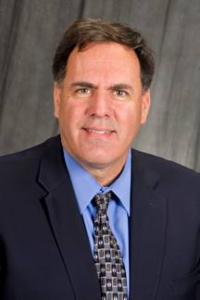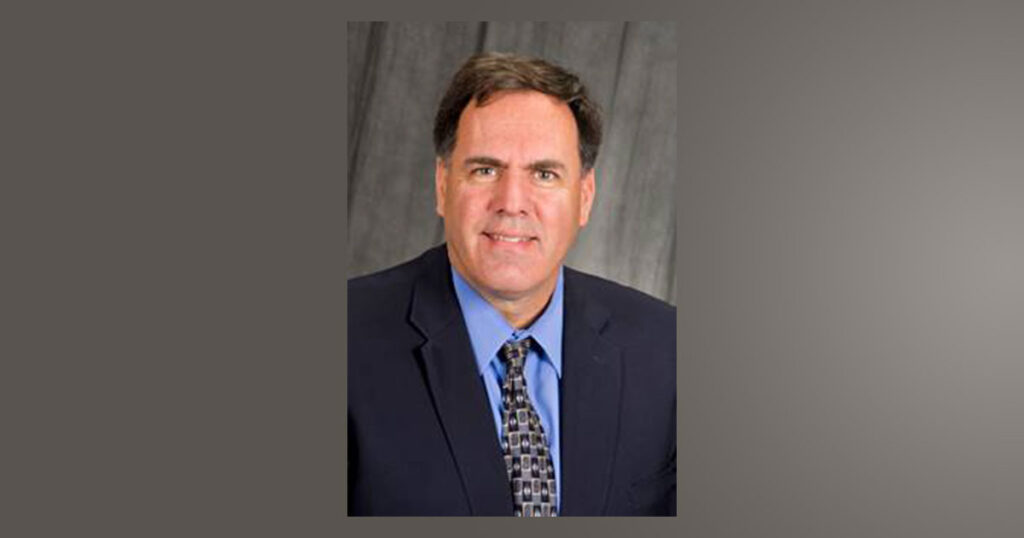Dr. Moore provided some perspective on current research going on at URMC.
Dr. Richard Moore is the director of UR Medicine’s Gynecologic Oncology Division and leads the Wilmot Cancer Center’s Gynecology Service Line. He also is the director of the Targeted Therapeutics Laboratory for Gynecologic Cancers.
“Women with ovarian cancer are the most motivated people you will ever meet to advocate for their disease to enroll in clinical trials and to be very positive,” Dr. Moore said. “I’m amazed every day by the women that I am honored to treat because they’re knowledgeable about their disease, they fight so hard and they will do almost anything to make their lives better and to move forward and to make other people’s lives better. With their attitude and how they fight and how they embrace life, it’s inspiring.”

Q: What can women can look forward to in terms of screening for ovarian cancer?
A: All the major trials have shown that screening is not effective in helping to
improve survival rates.I don’t want to sound too down on screening, but we have to change gears. I really think we’ve got as much mileage out of serum biomarkers as we’ve going to get. We’re going to have to start looking at circulating tumor cells and looking at circulating
DNA, which we are doing. We currently have a trial looking at pelvic masses in women with ovarian cancer and detecting circulating tumor cells. We just published a pretty big paper in the GreenJournal (of Obstetrics & Gynecology) on using an algorithm that we developed, which
is looking at gene expression in the blood for women to see if we can detect ovarian
Cancer. I’m personally disappointed that we don’t have the screening available for women
right now. That would be the panacea, so that nobody ever gets ovarian cancer.
Q: Where are you seeing progress?
A: We have a lot of work being done in looking at women that have pelvic masses or
ovarian cysts and trying to detect whether they have cancer or not. Those tests are
relatively successful and on the market and help us in terms of triaging patients to the
right surgeons and the right centers for treatment. We are making progress in terms of
long term survival. It used to be the five-year survival rate might have been 20%.
Now, the five year survival rate is 40 to 50%.
Q: Are there other gynecologic cancers where you’re seeing that same kind of longer term survival?
A: I think all cancers are like that. Unfortunately, endometrial cancer is increasing.
There’s more women being diagnosed with endometrial cancer and the rate has gone
up and the stages have been more advanced.
Q: What research is being done here that might be compared to the work at URMC
that helped lead to the HPV vaccine?
A: For endometrial cancers, Wilmot was part of a major trial that’s now been
published in the New England Journal of Medicine that’s going to change the
standard of care for endometrial cancer patients in the next few months.For ovarian cancer, we’ve been part of the whole development of the PARP inhibitors and we’re major contributors to that research. And we’re looking at opening up a new trial in ovarian cancer here at Wilmot where patients will get one cycle of chemotherapy and then be randomized to get a pill to
treat their ovarian cancer versus the standard of care. So for newly diagnosed ovarian
cancers, that’s going to be a trial that they may be eligible for. So there’s a lot of
exciting things coming down the road.
Dr. Richard Moore is the director of UR Medicine’s Gynecologic Oncology Division and leads the Wilmot Cancer Center’s Gynecology Service Line. He also is the director of the Targeted Therapeutics Laboratory for Gynecologic Cancers.
“Women with ovarian cancer are the most motivated people you will ever meet to advocate for their disease to enroll in clinical trials and to be very positive,” Dr. Moore said. “I’m amazed every day by the women that I am honored to treat because they’re knowledgeable about their disease, they fight so hard and they will do almost anything to make their lives better and to move forward and to make other people’s lives better. With their attitude and how they fight and how they embrace life, it’s inspiring.”


